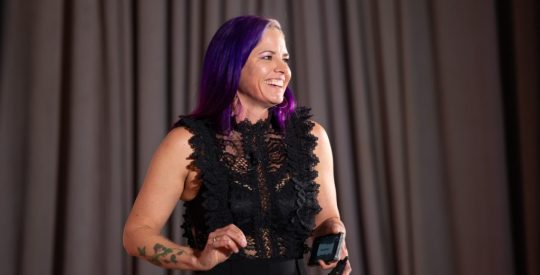The U.S. Treasury Department has taken great strides in the implementation of TARP funds — and it still has a long way to go, said Neel Kashkari, interim assistant secretary for financial stability on the TARP program. In a speech given Monday at the Securities Industry and Financial Markets Association summit on TARP, Kashkari reiterated the intention of the Treasury’s capital purchase program and looked ahead to next steps the Treasury will have to take. Kashkari spoke at the summit hours after the Treasury announced Monday a restructuring of rescue funds granted to American International Group Inc. (AIG) in the latest effort to “stabilize the financial system.” “This action was necessary to maintain the stability of our financial system,” Kashkari said. “In return, AIG must comply with stringent limitations on executive compensation for its top executives, golden parachutes, its bonus pool, corporate expenses, and lobbying.” The Treasury announced its capital purchase program on Oct. 14 and released guidelines on Oct. 20; it will purchase up to $250 billion in senior preferred shares from banks and savings associations that apply before the Nov. 14. The program is “intended to strengthen our financial system by increasing the capital base of a broad array of institutions…[and] aims to increase the flow of financing to businesses and consumers to support our economy,” Kashkari said. “The funds we deploy in this program are an investment for taxpayers,” he said. “The government will not only own shares which we expect to yield a reasonable return, but will also receive warrants for common shares in participating institutions. These warrants allow the taxpayer to benefit from any appreciation in the market value of the institution.” The incentives of this program will shore up struggling banks with enough capital to to continue lending and encourage healthy banks to service clients that otherwise would not be helped by banks coping with the current credit crunch. It’s a system, Kashkari said, that benefits everyone. “We’ve already heard from regional banks who have applied to the program and plan to use the funds to take on new borrowers,” he said. “To many banks, this is just common sense.” “Since the announcement of our capital purchase program, and the coordinated actions with the Federal Reserve and FDIC, we have seen numerous signs of improvement in our markets and in the confidence in our financial institutions,” Kashkari said. “For example, the average credit default swap spread for the eight largest U.S. banks has declined almost 245 basis points since before Congress passed the law.” Despite the progress, Kashkari acknowledged “our markets remain fragile,” and “our work is only beginning.” The Treasury’s work in months to come includes executing and funding thousands of investments in banks across the nation and working within a tight timeframe to provide much-needed credit to American families and businesses. “We are working around the clock to make it happen quickly while ensuring high quality execution,” he said. “We intend to keep the incoming Administration fully apprised of our initiatives so that there is smooth transition as the leadership of the Treasury changes hands.” Read his comments. Write to Diana Golobay at [email protected]. Disclosure: The author held no relevant investment positions when this story was published. Indirect holdings may exist via mutual fund investments. HW reporters and writers follow a strict disclosure policy, the first in the mortgage trade.
Kashkari: Treasury’s TARP Faces Long Road Ahead
Most Popular Articles
Latest Articles
Side’s Hilary Saunders discusses the evolution of brokerage models
The Gathering: Consumers have become more educated about real estate transactions and brokerages are having to adapt their models



